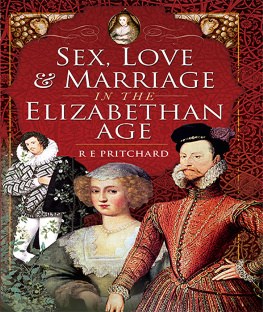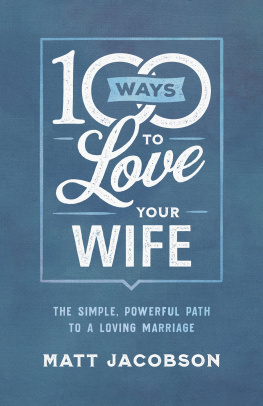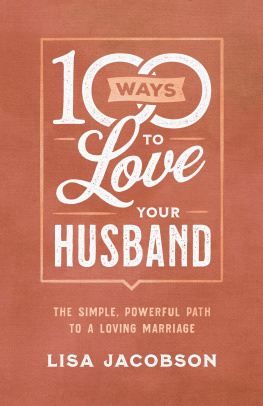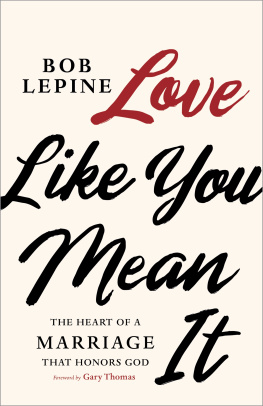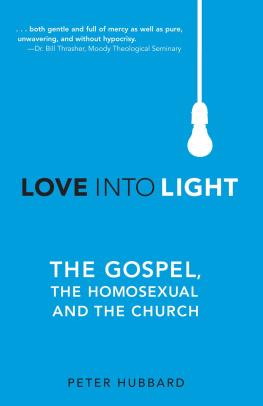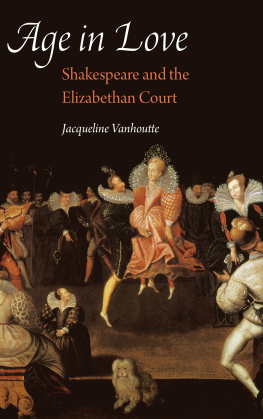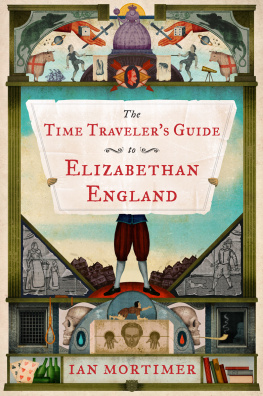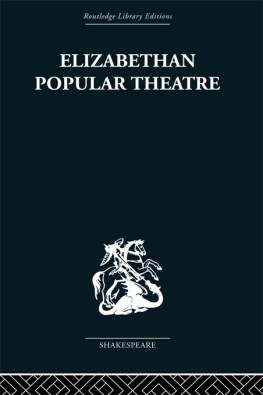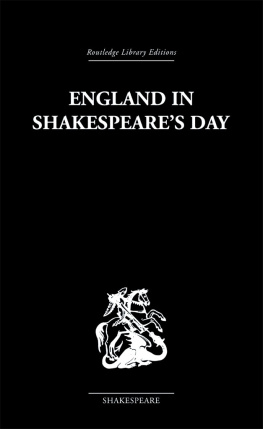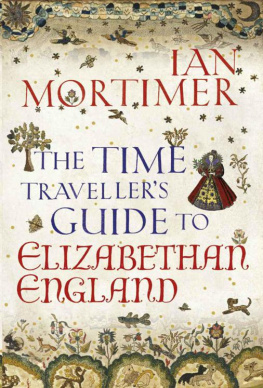Pagebreaks of the print version

SEX, LOVE AND MARRIAGE
IN THE ELIZABETHAN AGE
SEX, LOVE AND MARRIAGE
IN THE ELIZABETHAN AGE
R. E. PRITCHARD
First published in Great Britain in 2021 by
PEN AND SWORD HISTORY
An imprint of
Pen & Sword Books Ltd
Yorkshire Philadelphia
Copyright R. E. Pritchard, 2021
ISBN 978 1 52675 462 2
eISBN 978 1 52675 463 9
Mobi ISBN 978 1 52675 464 6
The right of R. E. Pritchard to be identified as Author of this work has been asserted by him in accordance with the Copyright, Designs and Patents Act 1988.
A CIP catalogue record for this book is available from the British Library.
All rights reserved. No part of this book may be reproduced or transmitted in any form or by any means, electronic or mechanical including photocopying, recording or by any information storage and retrieval system, without permission from the Publisher in writing.
Pen & Sword Books Limited incorporates the imprints of Atlas, Archaeology, Aviation, Discovery, Family History, Fiction, History, Maritime, Military, Military Classics, Politics, Select, Transport, True Crime, Air World, Frontline Publishing, Leo Cooper, Remember When, Seaforth Publishing, The Praetorian Press, Wharncliffe Local History, Wharncliffe Transport, Wharncliffe True Crime and White Owl.
For a complete list of Pen & Sword titles please contact
PEN & SWORD BOOKS LIMITED
47 Church Street, Barnsley, South Yorkshire, S70 2AS, England
E-mail:
Website: www.pen-and-sword.co.uk
Or
PEN AND SWORD BOOKS
1950 Lawrence Rd, Havertown, PA 19083, USA
E-mail:
Website: www.penandswordbooks.com
Introduction
It may seem rather odd, almost perverse, to write about sex, love and marriage in a time associated with, and ruled over by, a self-declared virgin queen with no personal, lived experience of any of these. Yet despite their rulers largely self-imposed restrictions on her own life, and the efforts of the Church and the policing by the Church courts, Elizabeths subjects seem to have engaged in surprisingly varied and even energetic sex lives.
Sir Francis Bacon, in his essay Of Love , observed that, The stage is more beholding to love than the life of man. For as to the stage, love is ever a matter of comedies, and now and then of tragedies; but in life it doth mischief, sometimes like a siren, sometimes like a fury. All of these situations were described and evoked by Elizabethan writers in drama, prose and verse, commenting on and exploring the comedy and tragedy of Elizabethan sex and love lives.
Sir Francis concluded: Nuptial love maketh mankind; friendly love perfecteth it; but wanton love embaseth [debases] it. Here, we shall see all of these. This brief survey will present them as lived by ordinary people, from the poorest working class to the gentry, and the hectic sex carousel of the Court and the troubled, frustrated life of the Queen herself. Whenever possible, the people of Elizabethan England will be quoted here directly, in their own words, in poems, plays, letters, sermons, journals though mostly in modern spelling.
Chapter 1
Hearts on Fire
Loves Labours
It was a lover and his lass,
With a hey and a ho and a hey nonny no,
That through the green corn field did pass,
In the spring time, the only pretty ring time
Shakespeare could sing the Elizabethans fantasies of romantic, pastoral love, as they liked to think of it; sometimes it was like that; often it was not. As it happens, within the charming emptiness here, hey nonny no and ring were also familiar euphemisms for the lasss genitals. For example, in the play, The Wit of a Woman (1604), a young womans father complains about energetic, immodest dances: In such lavoltas [the women are lifted up to] mount so high, that you may see their hey, nonny, nonny no. At the end of The Merchant of Venice (15967) there is excessively knowing play on the word ring, as Gratiano insists, While I live, Ill fear no other thing / So sore as keeping safe [newly-wed] Nerissas ring. The context makes the insinuation clear.
The period was remarkable for its outpouring of love writing. It was not that the writers and readers were all in love, rather, they were in love with the idea of being in love. The poems and songs, plays and romances, were all stories, expressions of feelings and exercises in wit and imagination, fictions with variable relationships with fact. For all that, they are invaluable in telling us what was going on in Elizabethans minds, and also in giving us a fair idea of what was going on in reality.
Fulke Greville (15541628) wrote a fine lyric on idealistic love, putting it in the context of the life force:
The nurse-life wheat within his green husk growing,
Flatters our hope, and tickles our desire,
Natures true riches in sweet beauties showing,
Which set all hearts with labours love on fire
Caelica, your youth, the morning of delight,
Enamelled oer with beauties white and red,
All sense and thoughts did to belief invite,
That Love and Glory there are brought to bed;
And your ripe years, Loves noon; he goes no higher,
Turns all the spirits of Man into desire.
(There may have been no specific Caelica.)
This was probably written in the 1580s; by the 1590s Sir John Davies (15691626) was impatient with all the poeticising of sex and courting:
Forsooth, wench, I cannot court thy sprightly eyes
With the base viol placed between my thighs;
I cannot lisp, nor to some fiddle sing,
Nor run upon a high-stretched minikin.
(The base viol suggests the base vile between his thighs; a minikin is a treble string, or a girl.)
I cannot whine in puling elegies,
Entombing Cupid in sad obsequies.
I am not fashioned for these amorous times,
To court thy beauty with lascivious rhymes.
(By 1592, Shakespeares Richard III, not shaped for sportive tricks, / Nor made to court an amorous looking-glass, was impatient with the lascivious pleasing of a lute.)
Davies concludes:
I cannot buss [kiss ] thy foot, play with thy hair,
Swearing, By Jove, thou art most debonair.
Not I, by Cock [God], but shall I tell thee roundly, Hark in thine ear, zounds, I can () thee soundly.
The omitted word hardly ever printed was monosyllabic. Neither writer was addressing an actual woman, but expressing an idea. Davies was mocking the clichs of courting.
Thomas Nashe (15671601) also parodied pretentious love poetry. In his novel The Unfortunate Traveller (1594), the hero of the story, page Jack, outwits his master in seduction:
Who would have learned to write an excellent passion might have been a perfect tragic poet had he but attended half the extremity of his lament. Passion upon passion would throng one on anothers neck. He would praise her beyond the moon and stars, and that so sweetly and ravishingly as I persuade myself he was more in love with his own curiousforming fancy than her face; and truth it is, many become passionate lovers only to win praise to their wits.
He praised, he prayed, he desired and besought her to pity him that perished for her. From this his entranced mistaking could no man remove him. Who loveth resolutely will include everything under the name of his love. From prose he would leap into verse, and with these or suchlike rhymes assault her.

